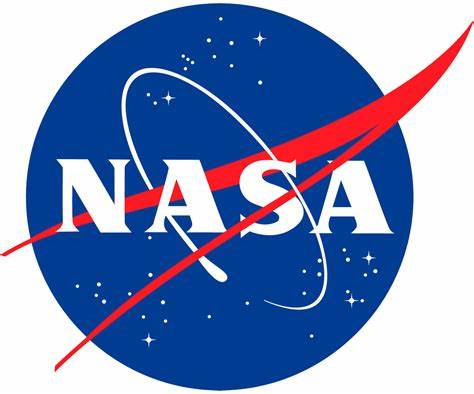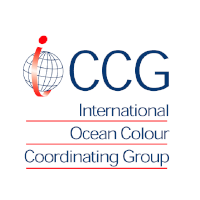
| NASA Intermediate Webinar: Earth Observations of Blue Carbon Ecosystems | |
| December 03 & 05, 2024 French: 10:00-11:30 EST (UTC-5) or English: 14:00-15:30 EST (UTC-5)Nature-based climate solutions are an increasingly critical component of mitigating greenhouse gas emissions to meet the Paris Agreement goal of keeping temperature change to below 2-degrees celsius. Blue carbon ecosystems, such as mangroves, salt marshes, and sea grasses, are a key aspect of nature-based climate solutions because of high carbon sequestration rates, long-term burial of carbon in sediments, potential for restoration, and connections to many additional ecosystem services. This training builds from a series of previous trainings on Remote Sensing of Coastal Ecosystems, Remote Sensing of Mangroves, Remote Sensing of Greenhouse Gases, and Remote Sensing of Carbon Monitoring for Terrestrial Ecosystems to provide a comprehensive overview of blue carbon ecosystem remote sensing. The course will guide participants through mapping extent and quantifying the carbon stocks of blue carbon ecosystems using earth observations to support assessment, monitoring and restoration goals of these ecosystems.
|
|
| en español
Webinar intermédiaire: La Télédétection des Écosystèmes de Carbone Bleu |
|
| 03 et 05 décembre 2024 Français: 10:00-11:30 AM EST (UTC-5)Les solutions climatiques fondées sur la nature sont un élément de plus en plus essentiel de l’atténuation des émissions de gaz à effet de serre afin d’atteindre l’objectif de l’Accord de Paris de maintenir le changement de température en dessous de 2 degrés Celsius. Les écosystèmes de carbone bleu, tels que les mangroves, les marais salants et les herbiers marins, sont un aspect clé des solutions climatiques fondées sur la nature en raison des taux élevés de séquestration du carbone, de l’enfouissement à long terme du carbone dans les sédiments, du potentiel de restauration et des connexions à de nombreux autres services écosystémiques. Cette formation s’appuie sur une série de formations précédentes sur la télédétection des écosystèmes côtiers, la télédétection des mangroves, la télédétection des gaz à effet de serre, et la télédétection du suivi du carbone des écosystèmes terrestres, afin de fournir un aperçu complet de la télédétection des écosystèmes de carbone bleu. Le cours guidera les participants dans la cartographie de l’étendue et la quantification des stocks de carbone des écosystèmes de carbone bleu en utilisant la télédétection pour soutenir l’évaluation, le suivi et la restauration de ces écosystèmes.
|









